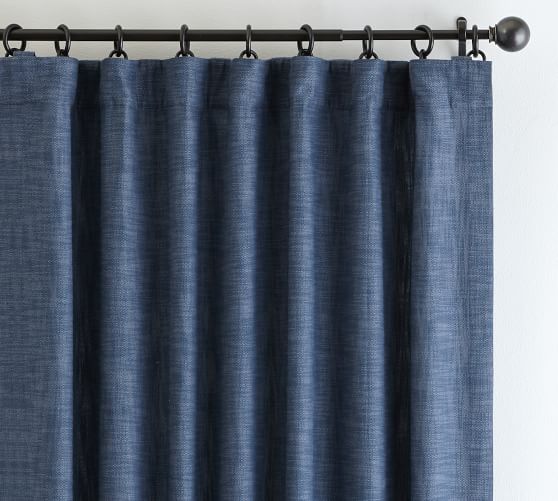
drape [dreyp] Word Origin verb (used with object), draped, drap·ing.
- to cover or hang with cloth or other fabric, especially in graceful folds; adorn with drapery.
- to adjust (curtains, clothes, etc.) into graceful folds, attractive lines, etc.
- to arrange, hang, or let fall carelessly: Don’t drape your feet over the chair!
- Medicine/Medical, Surgery. to place cloth so as to surround (a part to be examined, treated, or operated upon).
- (in reinforced-concrete construction) to hang (reinforcement) in a certain form between two points before pouring the concrete.
- to put a black cravat on (a flagstaff) as a token of mourning.
verb (used without object), draped, drap·ing.
- to hang, fall, or become arranged in folds, as drapery: This silk drapes well.
noun
- a curtain or hanging of heavy fabric and usually considerable length, especially either of a pair for covering a window and drawn open and shut horizontally.
- either of a pair of similar curtains extending or draped at the sides of a window, French doors, or the like as decoration.
- manner or style of hanging: the drape of a skirt.
Origin of drape 1400–50; late Middle English Middle French draper, derivative of drap cloth (see drab1)Related formsdrap·a·ble, drape·a·ble, adjectivedrap·a·bil·i·ty, drape·a·bil·i·ty, noun British Dictionary definitions for drapability drape verb
- (tr) to hang or cover with flexible material or fabric, usually in folds; adorn
- to hang or arrange or be hung or arranged, esp in folds
- (tr) to place casually and loosely; hangshe draped her arm over the back of the chair
noun
- (often plural) a cloth or hanging that covers something in folds; drapery
- the way in which fabric hangs
See also drapes Derived Formsdrapable or drapeable, adjectiveWord Origin for drape C15: from Old French draper, from drap piece of cloth; see drab 1 Word Origin and History for drapability drape v.
c.1400, “to ornament with cloth hangings;” mid-15c., “to weave into cloth,” from Old French draper “to weave, make cloth” (13c.), from drap “cloth, piece of cloth, sheet, bandage,” from Late Latin drapus, perhaps of Gaulish origin (cf. Old Irish drapih “mantle, garment”). Meaning “to cover with drapery” is from 1847. Meaning “to cause to hang or stretch out loosely or carelessly” is from 1943. Related: Draped; draping.
drape n.
1660s, from drape (v.). Jive talk slang for “suit of clothes” is attested from 1945.
drapability in Medicine drape [drāp] v.
- To cover, dress, or hang with or as if with cloth in loose folds.
n.
- A cloth arranged over a patient’s body during an examination or treatment or during surgery, designed to provide a sterile field around the area.
 Liberal Dictionary English Dictionary
Liberal Dictionary English Dictionary